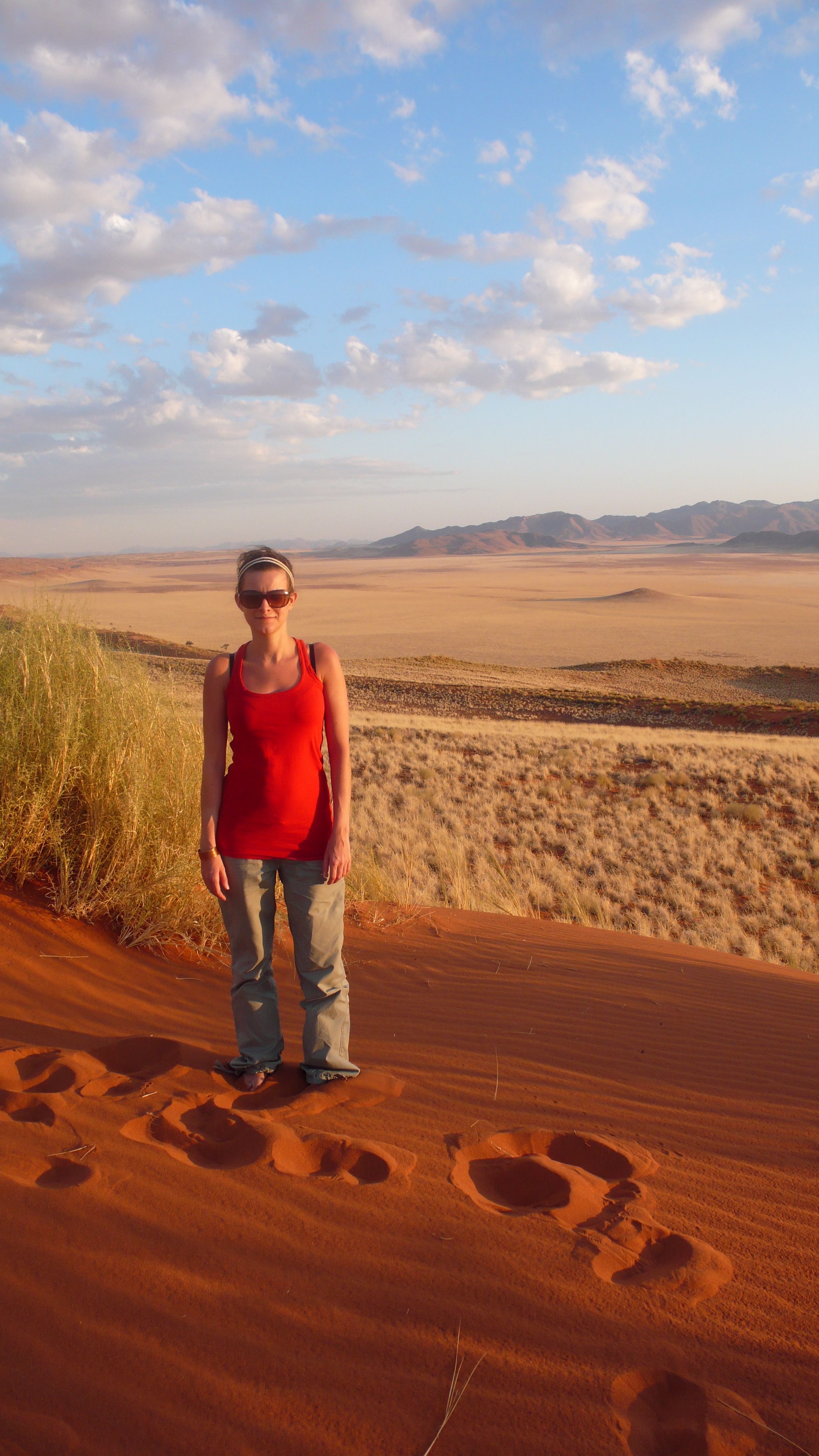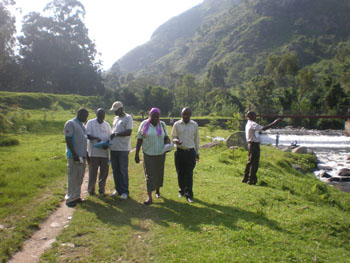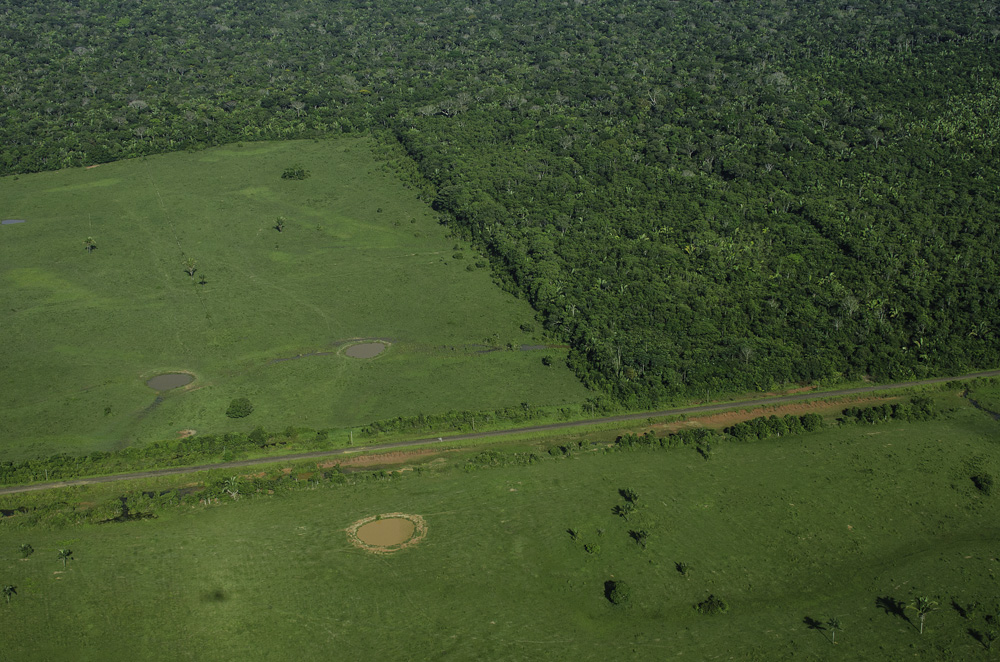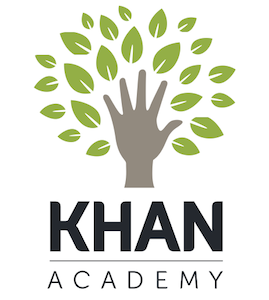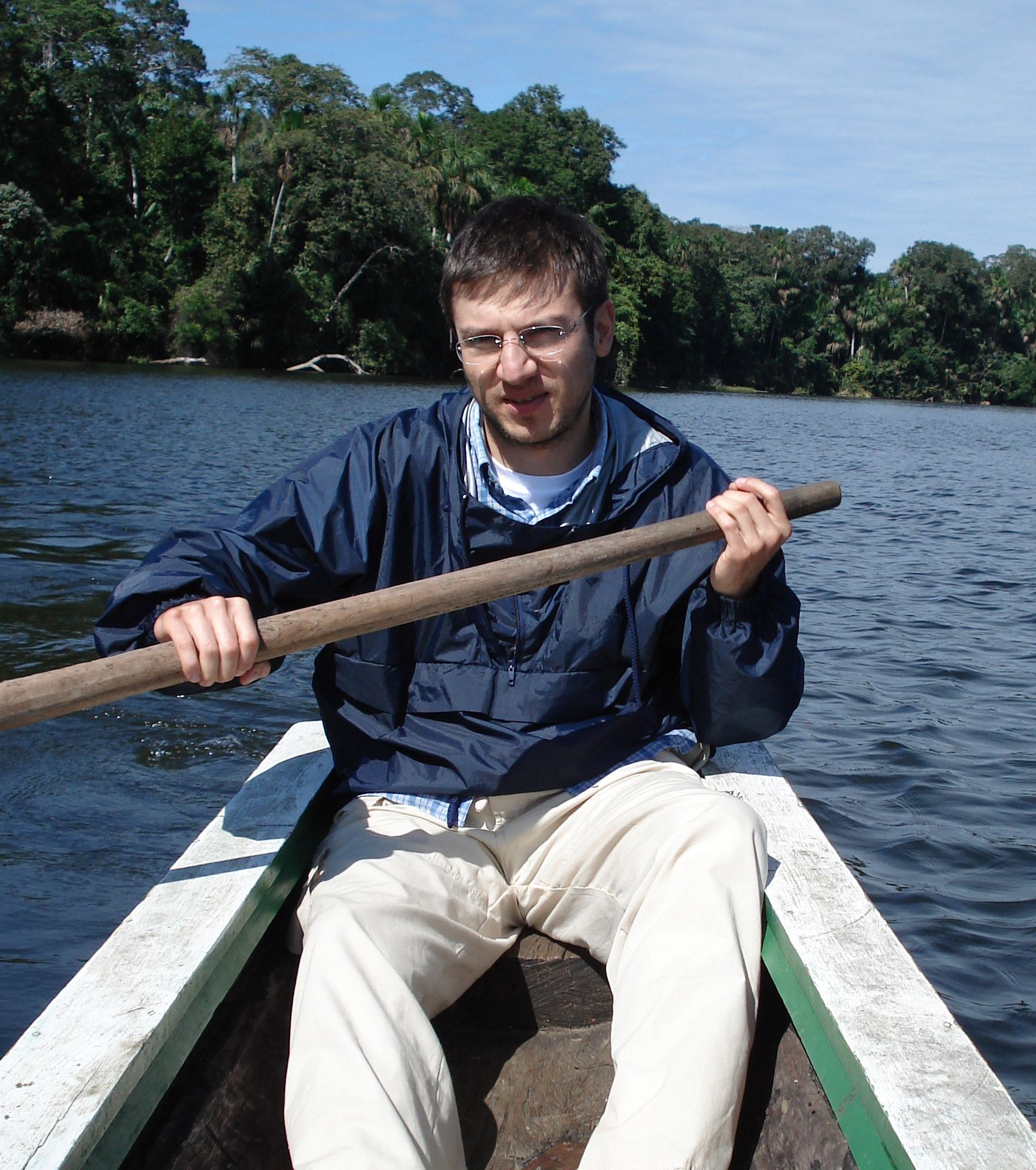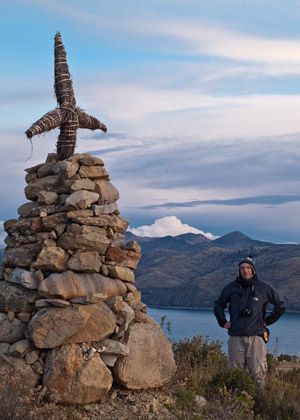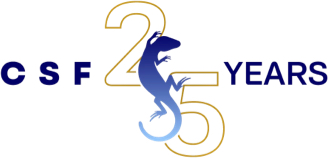News
CSF began working with International Consultant and Environmental Economist Rhona Barr in late 2012. Rhona brings to CSF a diverse set of practical and research experiences in tropical settings, including Latin America, Asia and Africa.
Born in North Wales, Rhona grew up on the island of Anglesey. From an early age, island life made her fascinated ("nearly obsessed!") with the outdoors and biology, particularly the watery ecosystems around her.
As part of the ICAA fellows program, CSF held three methodological guidance workshops in November. The fellows traveled far and wide to visit each of their respective mentors and work on their final research profiles, which contain all of the definition methodology and data tools design collection. The workshops were held in Concepción, Chile, Bogota, Colombia and La Paz, Bolivia. In Chile, Karin Gonzales, Sophía Espinoza, Patricia Siles met with their mentor, Felipe Vásquez, who is a specialist in economic valuation of natural resources. In Bogota, Paula Zuluaga, Pablo David Campoverde, and Enrique de la Montaña Andrés met with Rocío Moreno, whose area of specialization focuses on game theory, economic valuation, and payments for environmental services.
For Angela Mojica, a marine biologist in Guatemala, this year's course forced her to think in a completely different way. Watch the video below to find out what had previously been missing in her conservation efforts.
David Johnson, currently a professor at Harvard University, has been teaching microeconomics with CSF since 2004. When asked if economics can alter the way environmentalists approach conservation, he had this to say:
From June 11-22, 2012, twenty-eight environmental professionals from eight African nations gathered at the Rwenzori International Hotel in Kasese, Uganda to learn how economic approaches can help them address environmental impacts of infrastructure development in the Albertine Rift.
Divulgamos aqui o resultado do processo seletivo para o Curso de Ferramentas Econômicas para a Conservação - Infraestrutura na Amazônia, apoiado pela Gordon and Betty Moore Foundation e USAID.
Foi um processo concorrido devido à quantidade e qualidade dos inscritos. Dessa forma, o critério de seleção levou em conta - além do perfil do candidato - a distribuição geográfica, perfil e segmento das instituições, envolvimento com o tema e gênero.
Temos duas listas de selecionados: uma lista principal e uma lista de espera, em ordem de prioridade. Os candidatos selecionados na lista principal deverão confirmar sua participação até o dia 30 de julho. Caso haja desistências, elas serão preenchidas de acordo com a ordem de prioridade da lista de espera.
LISTRA PRINCIPAL
Khan Academy is an extraordinary phenomenon in education. In just a few years, the organization has posted thousands of short videos with instruction on an ever-widening array of topics. Including economics. We like their economics videos so much they are now all available on CSF's website as well as the Khan site.
CSF course graduates frequently ask us to refresh their memory on a particular topic - "What exactly is consumer surplus?" - and Mr. Khan now is available to explain. The videos average around 10 minutes and use very helpful graphics to explain the concepts.
Born in La Paz, Bolivia, Alfonso Malky Harb first came to CSF as a student in 2006, where he participated in the Madidi National Park course on economic tools for conservation. Two years later, Alfonso joined CSF as an Economic Analyst in the Bolivian office. With a Master's degree in Agricultural Economics from Catholic University of Chile, an undergraduate degree in Economics from the Bolivian Catholic University, and a diploma in Environmental and Social Research Methods from PIEB (Programa de Investigación Estratégica en Bolivia), he was a natural fit for CSF.
Born in La Paz, Bolivia, Alfonso Malky Harb first came to CSF as a student in 2006, where he participated in the Madidi National Park course on economic tools for conservation. Two years later, Alfonso joined CSF as an Economic Analyst in the Bolivian office. With a Master's degree in Agricultural Economics from Catholic University of Chile, an undergraduate degree in Economics from the Bolivian Catholic University, and a diploma in Environmental and Social Research Methods from PIEB (Programa de Investigación Estratégica en Bolivia), he was a natural fit for CSF.
Born in La Paz, Bolivia, Alfonso Malky Harb first came to CSF as a student in 2006, where he participated in the Madidi National Park course on economic tools for conservation. Two years later, Alfonso joined CSF as an Economic Analyst in the Bolivian office. With a Master's degree in Agricultural Economics from Catholic University of Chile, an undergraduate degree in Economics from the Bolivian Catholic University, and a diploma in Environmental and Social Research Methods from PIEB (Programa de Investigación Estratégica en Bolivia), he was a natural fit for CSF.

